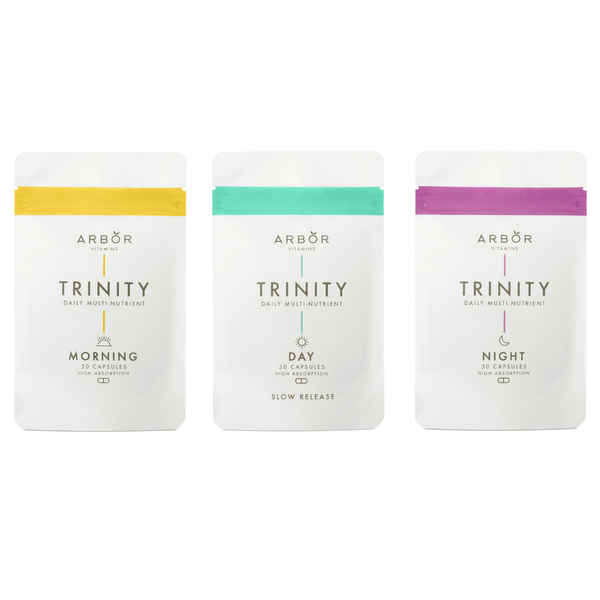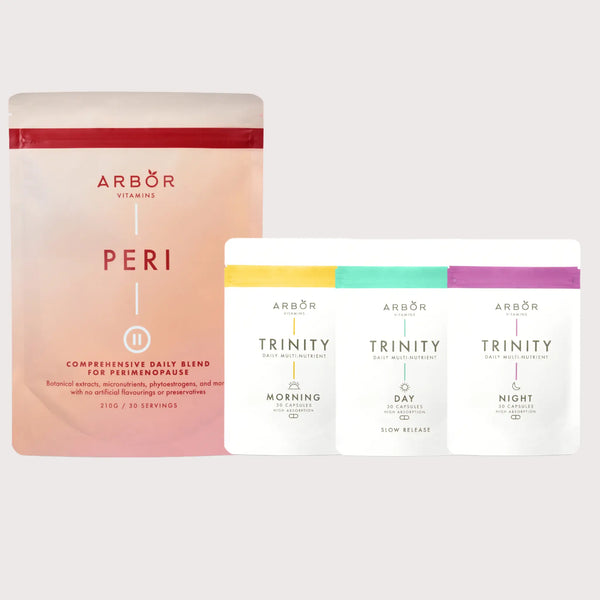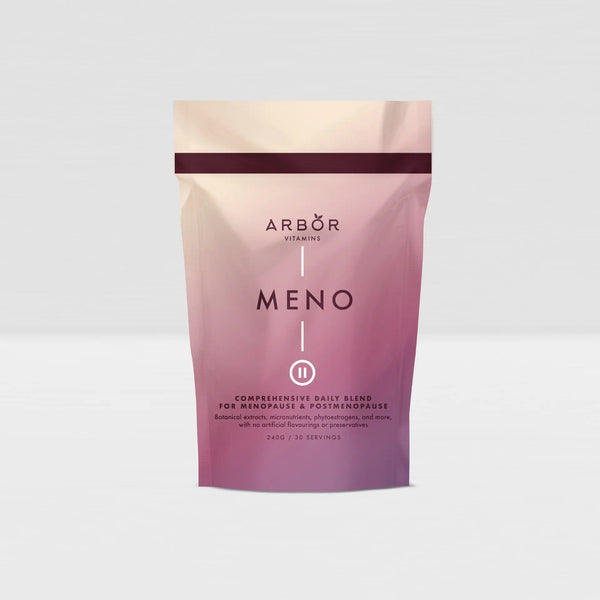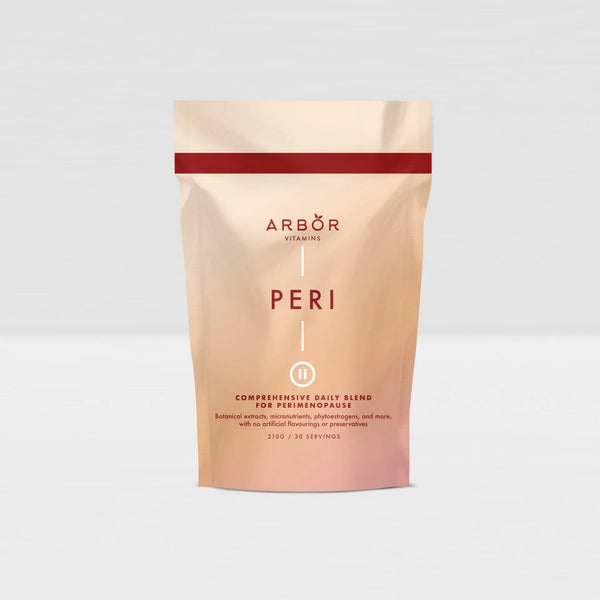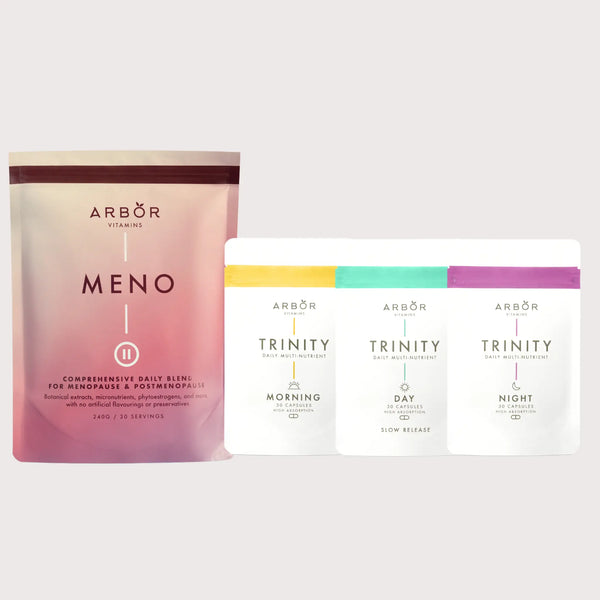Supplements Replace Diets? Science and Sustainability
Imagine, it’s the year 2123… But could supplements replace food entirely? The question of whether supplements could replace diets is central to the future of nutrition and sustainability.The morning sun pierces the high-rise apartments, illuminating a pristine kitchen with no stove, no fridge, and definitely no espresso machine. Instead, on the kitchen counter sits a sleek set of vials. This is breakfast, lunch, and dinner. Sounds dystopian? Maybe. But it could also represent the epitome of nutritional science and ecological sustainability. Here's how.
1. The Evolution of Nutritional Science
Over the past few decades, our understanding of nutrition has evolved drastically. With the advent of precision nutrition, the narrative has shifted from generalised dietary recommendations to individualised nutrient requirements (Gibney & Walsh, 2013). By 2123, it's plausible that we've mapped the optimal nutrient intake for every individual based on their genetics, environment, and even microbial gut flora.
2. Nutrient Timing: It's All in the Clock
Nutrient timing, once a concept reserved for athletes seeking peak performance (Aragon & Schoenfeld, 2013), could become a staple of our dietary regimen. Our circadian rhythms, which dictate everything from sleep to digestion, would play a pivotal role. Imagine a synchronised supplement schedule, ensuring maximum absorption and optimal physiological function.
3. Overcoming the Nutrient Compatibility Challenge
One of the primary critiques against a supplement-only diet has been nutrient compatibility. Certain nutrients, when consumed together, can inhibit absorption. However, with advancements in nanotechnology, we might design intelligent capsules that release specific nutrients at intervals, preventing any antagonistic interactions (Kumar et al., 2020). Or be formulated to avoid combining incompatible nutrients (Sound Familiar).
4. Ecological Footprint & The Case For Supplements
The global food system contributes significantly to greenhouse gas emissions, deforestation, and water scarcity (Tilman & Clark, 2014). Transitioning to a supplement-based diet could drastically reduce our ecological footprint, provided these supplements are synthesised sustainably.
5. The Sensory Experience & Cultural Shifts
Undeniably, food is more than just nutrients. It's culture, pleasure, and communion. The shift to a supplement-only diet would demand a radical cultural adjustment. Would virtual reality step in to offer simulated feasts? Or would we find joy in other sensory experiences?
6. The Ethical and Sustainable Sourcing of Supplements
The viability of a supplement-centric future hinges not only on the science of nutrition but also on the ethics and sustainability of supplement production. Today, many supplements derive from vast monocultures or environmentally damaging mining operations (Katz & Meller, 2014). To ensure a future where supplements could replace whole foods, we'd need to embrace a radical transformation in sourcing practices. Harnessing the power of bioengineered yeasts and algae could offer a solution, converting renewable resources into pure, concentrated nutrients without the vast ecological footprint of conventional agriculture or mining (Zhu, 2015). This would necessitate an integration of biotechnology and sustainability science, ensuring our nutritional needs don't compromise planetary health.
A Balanced Perspective
While it's intriguing to envision a future where our dietary needs are met through meticulously-timed supplements, the integration of such a lifestyle requires not just scientific advancements but also socio-cultural adaptability. It's less about eradicating traditional food systems and more about amalgamating the old with the new, creating a harmonious, sustainable, and nutritionally-optimized future.
References:
- Aragon, A. A., & Schoenfeld, B. J. (2013). Nutrient timing revisited: is there a post-exercise anabolic window? Journal of the International Society of Sports Nutrition, 10(1), 5.
- Gibney, M. J., & Walsh, M. C. (2013). The future direction of personalised nutrition: my diet, my phenotype, my genes. Proceedings of the Nutrition Society, 72(2), 219-225.
- Kumar, S., Jog, R., Shen, J., & Zuidema, J. M. (2020). Advances in oral drug delivery. Journal of Controlled Release, 328, 684-700.
- Tilman, D., & Clark, M. (2014). Global diets link environmental sustainability and human health. Nature, 515(7528), 518-522.


